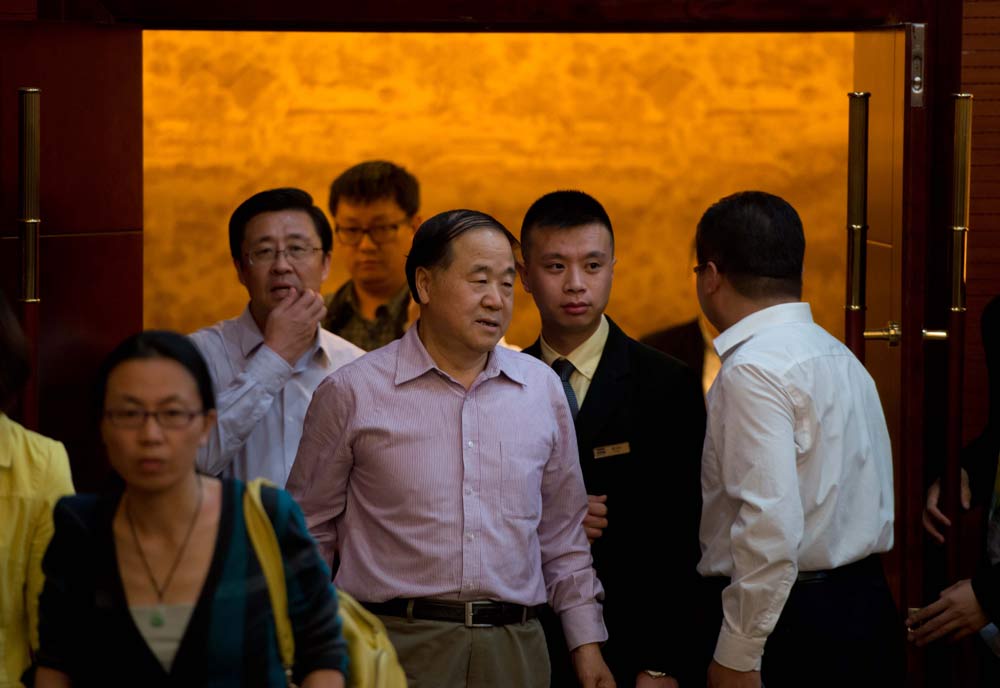Hotels in the region are “not geared up” to properly cater to their Chinese and Indian guests, warned hoteliers at last month’s Hotelier Middle East GM Debate.
With traditional European feeder markets under growing pressure due to the ongoing Eurozone crisis – hoteliers were all agreed on the need to look eastwards for guests. But many pointed out that this was far more complicated than it might appear.
Michel Koopman, general manager and director of operations Middle East, Anantara Hotels and Resorts - who spent a number of years living in Shanghai before moving to the Middle East – pointed out that Chinese guests had very different requirements from their European counterparts which many hotels were struggling to adapt to.

| Advertisement |
“I’m not sure hotels in this part of the world are geared up to cater to [Chinese] guests,” said Koopman.
“Chinese have busy lives. The only have 10 days holiday a year – which makes it even more difficult for hotels here. When they go away they want to rejuvenate. They look for traditional and familiar things, such as noodles for breakfast; and a bathhouse etc. For Chinese travellers everything is organized and arranged, they are not very adventurous - they are like the Japanese were in the old days.”
Language of communication was highlighted as being vitally important: Saleh Al Geziry, director of Overseas Promotions, DTCM said having Chinese speaking staff was essential when attempting to corner the Chinese market, whereas for Indian guests English could be seen as “better protecting your brand”.
“It’s very simple. If you don’t have Chinese-speaking staff; don’t go to China and don’t bother just sending a few staff to China and when the guests come there’s no one that can communicate with them,” he added.
Gaurav Sinha, managing director of Insignia stressed that despite the challenges involved it was essential for hotels to look East.
“It is foolish to say we will keep looking west and keep bringing in French; German; British – we need to look East but it’s very complicated. With what’s happening in Europe, its only magnifying the importance of India and China. It amplifies the need to look Eastwards.”









 Search our database of more than 2,700 industry companies
Search our database of more than 2,700 industry companies









